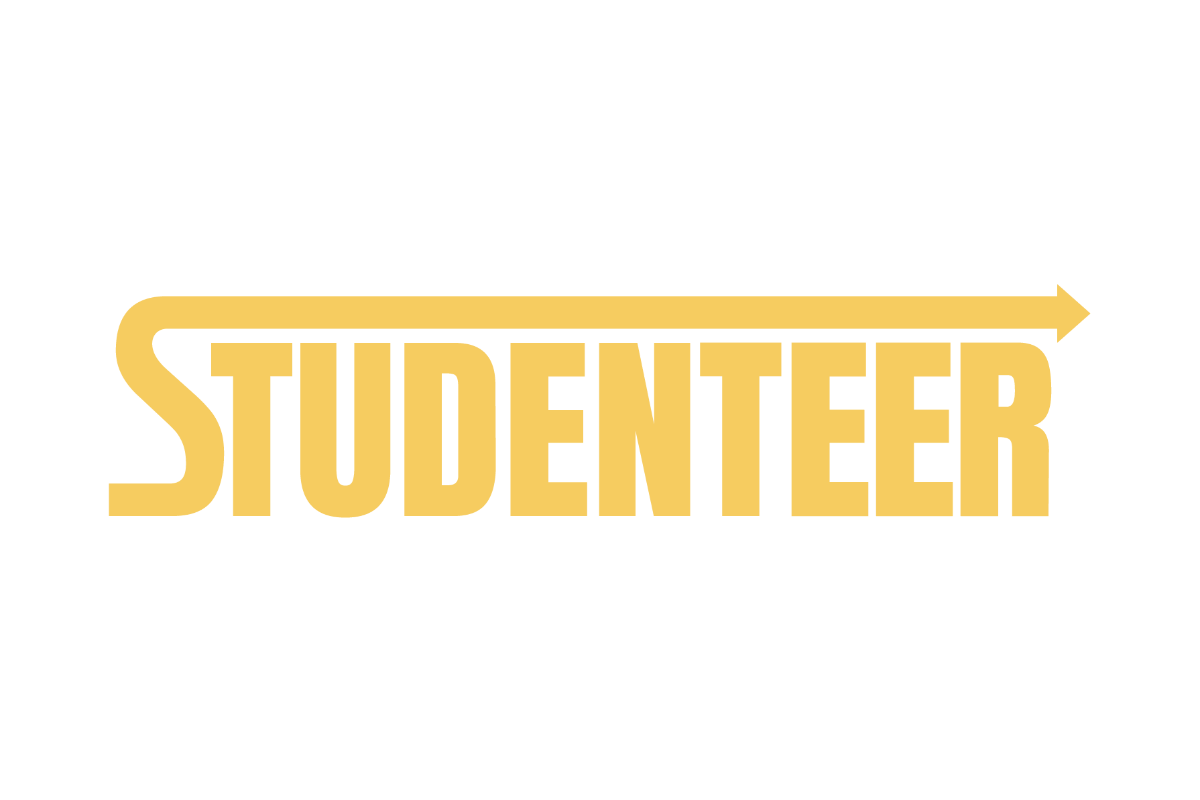Diversity and inclusion is important to all of us at Studenteer. After the success of our Black History Month campaign in October, we wanted to create a year-long campaign centered around race, religion and culture, as we believe such initiatives should not only be addressed during one month of the year.
Race, Religion and Culture 365 (RRC 365) is a diversity and inclusion campaign whereby we’ll share content and highlight charities focused on RRC-related topics on the last Friday of every month, starting today! The purpose of RRC 365 is to raise awareness of, provide educational material on and ultimately celebrate a diverse range of races, religions and cultures with our audience.
We look forward to beginning our RRC 365 campaign and hope that you’ll enjoy the posts we share over the coming year!
As January 27th was International Holocaust Remembrance Day (IHRD) as designated by the United Nations (UN), in addition to Holocaust Memorial Day (HMD) in the UK, we wanted to begin our RRC 365 campaign with a look into the history of the Holocaust, and why it is so important that the Holocaust continues to be remembered, reflected upon and taught across countries globally.
What is the Holocaust?
- The Holocaust was a total, systematic and state-sponsored geocide, led by Adolf Hitler and perpetrated by Nazi Germany and its collaborators, with the aim of annihilating the Jewish people.
- The primary motivation was anti-Semitic racist ideology, whereby between 1933 and 1941 Nazi Germany pursued a policy that disposessed the Jews of their rights and property.
- This was followed by the branding and concentration of the Jewish population, and ultimately led to the systematic mass murder of 6 million Jews during the Second World War, from 1941 to 1945.
- Alongside the destruction of 5,000 Jewish communities, millions of other groups were targeted and killed, including those with perceived racial and biological inferiority and on political, ideological and behavioural grounds.
Why is the Holocaust important?
- The Holocaust not only profoundly affected countries in which Nazi crimes were perpetrated, but had long-lasting implications and consequences universally.
- It is the most extensively documented instance of atrocity, hatred and apathy in world history, and a well-informed understanding of the Holocaust can help in comprehending and addressing other cases of human rights violations.
- Education, remembrance and research of the Holocaust can inform and guide educators, scholars and activists responding to emerging mass atrocity crimes that occur today.
- Ultimatly, it serves as a grave and tragic example of what can happen if prejudice, discrimination and dehumanisation remain unchecked.
What is International Holocaust Rememberance Day (IHRD) and Holocaust Memorial Day (HMD)?
- It is an annual day of commemoration, chosen by both the UN and the UK as it is the anniversary of the liberation of Auschwitz-Birkenau, the largest Nazi concentration camp, in 1945.
- On this day, it is urged that all countries worldwide honour the victims of the Holocaust and Nazism, alongside promoting the development of educational programmes to ensure future genocides are prevented.
- The Holocaust Memorial Day Trust says ‘It’s a time for us to stop to remember the millions of people who have been killed or whose lives have been changed as a result of genocides.’
Annual IHRD Themes
Since 2010, the UN has designated a specific theme for each annual commemoration, with previous themes covering:
- Holocaust survivors and the lessons they pass on to future generations (2010).
- Journeys throughout the Holocaust, from deporation to liberation (2014).
- Holocause Remembrance and Education: Our Shared Responsibility (2018).
The theme for 2021 was ‘Facing the Aftermath: Recovery and Reconstituation after the Holocaust’, focusing on the immediate measures taken in the aftermath of the Holocaust to begin the process of recovery and reconstitution for individuals, communities and systems of justice.
Annual HMD Themes
Since 2001, there has been an annual national memorial to the victims of the Holoaust, with the UK event having been hosted in cities all across the country and centred around a number of themes including:
- Remembering Genocides: Lessons for the Future (2001).
- Britain and the Holocaust (2002).
- Imagine…Remember, Reflect, React (2008).
In 2021, the event took place in London, with a theme of ‘Be the light in the darkness’.
For more information and resources about the Holocaust, IHRD and HMD, we suggest:
https://www.yadvashem.org/holocaust.html
https://www.jewishvirtuallibrary.org/an-introductory-history-of-the-holocaust
https://www.annefrank.org/en/anne-frank/go-in-depth/what-is-the-holocaust/
https://www.history.com/topics/world-war-ii/the-holocaust
https://www.ushmm.org/remember/international-holocaust-remembrance-day
https://en.unesco.org/commemorations/holocaustremembranceday
https://www.holocaustremembrance.com/world-remembers-holocaust
https://www.britannica.com/topic/Holocaust-remembrance-days
For charities, good causes and organisations that support Holocaust and genocide survivors, focus on remembrance and education and work in community relations, we suggest:
https://www.hmd.org.uk/take-part-in-holocaust-memorial-day/organising-an-activity/useful-links/

